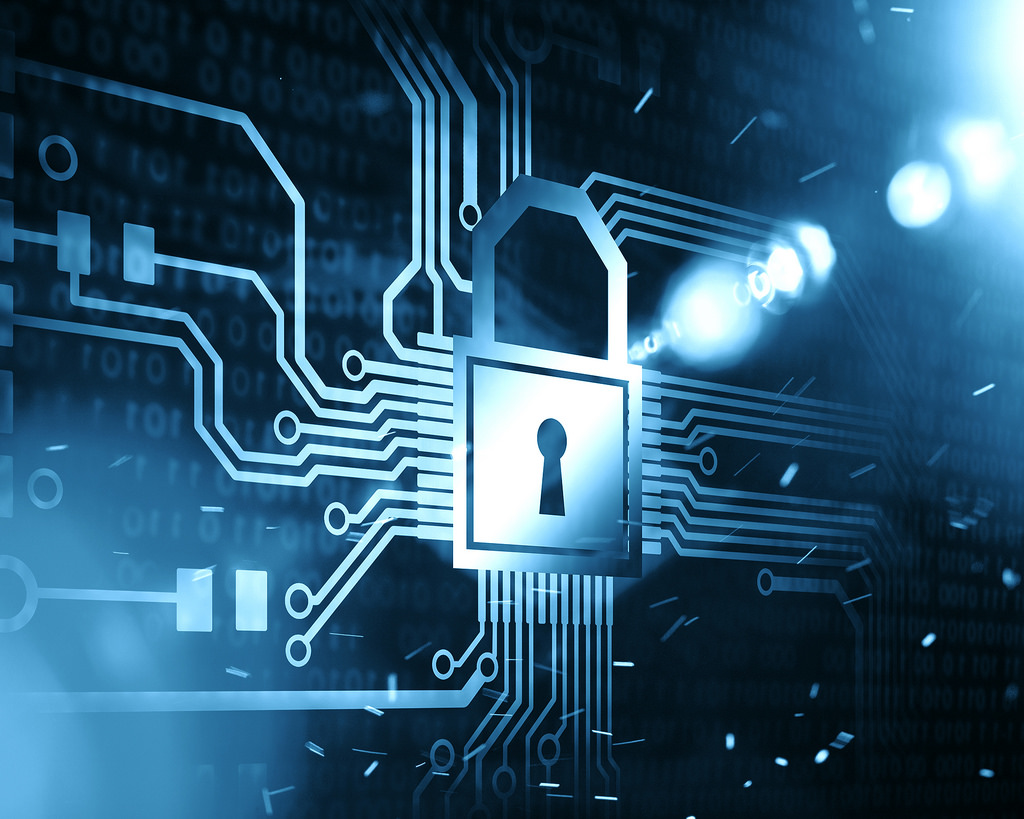Virtual Private Networks (VPNs) – Are they legal?

18 Oct 2018
In recent times, the demand for Virtual Private Network (VPN) services has skyrocketed. The primary reason for this trend is the increasing concern over user privacy when browsing the internet.
That internet users are frequently monitored by third parties such as hackers and governments is no secret. With some countries banning the use of VPNs, many people often wonder whether it’s legal to use a virtual private network in the first place.
It is somehow contentious, especially when you take into account that VPNs are meant to mask what you do on the internet, and that many VPN vendors are in countries where superpowers have no jurisdiction. This article seeks to clarify the picture for you.
What does a Virtual Private Network do?
For most people, the main reason for using a virtual private network is to keep prying eyes from accessing information about their web activity. A top quality VPN helps you mask your IP address, access content that’s geo-restricted (such as Netflix USA), and avoid the prying eyes of unwanted third parties.
For several decades, virtual private networks were used by large corporations to keep employees in various parts of the country connected. In most states, it’s perfectly legal to use a VPN, provided you aren’t using it for prohibited purposes, such as:
- Spreading internet viruses
Some people use virtual private networks to harm other internet users by infecting other systems with viruses. - IP spoofing and hacking
IP spoofing is where someone using a VPN pretends to be another machine to gain access to other networks and computers illegally. - Illegal file sharing / patent infringement
You should never torrent content that you are supposed to pay for under ordinary circumstances, even if your VPN provider allows peer-to-peer traffic. Downloading or sharing copyrighted material is a criminal offence.
Unless you are abusing a VPN by doing these and other prohibited activities, there’s no need to worry about browsing the web anonymously.
What if a law enforcement agency requests your user information?
The top VPN vendors take their clients’ privacy very seriously and will already have measures put in place to prevent any law enforcement agencies from accessing user-identifying information. First of all, a trustworthy VPN vendor does not keep a record of your online activity.
That means if a law enforcement agency requests them for your information, your VPN provider can’t comply as there are no records to produce in the first place. And should the government or a law enforcement agency issue an order compelling a VPN provider to start tracking their clients’ data, a reputable vendor would sooner close than comply.
But if you are hiding your online activity, is it not illegal?
Not at all! You can use a virtual private network legally in almost any country in the world, as long as your online activities are legal. Some countries however, like China, only allow government approved VPNs. The thing to know is that not all people use virtual private networks for illegal purposes. There’s a significant amount of VPN traffic that’s strictly business related.
If a business is using a VPN service to connect with its clients or employees securely, then there’s nothing illegal there. Similarly, if someone is using a VPN solely for privacy-related concerns, then it’s also perfectly legal. There are several top vendors, and this comparison looks at two of the top providers available today.
Of course, some people use VPNs to mask illegal downloading and browsing activities, but in these cases, the VPN vendor is not responsible – the user is.
Using a VPN in states that prohibit them
Different jurisdictions and countries have various laws relating to cybercrime. For instance, South Africa’s Electronic Communications and Transactions Act 25 of 2002 (ECT Act) introduced the cybercrimes law. Amongst other offences, Chapter XIII of the ECT Act makes it a criminal offense to gain unauthorized access to data through hacking and packet sniffing, intercept or interfere with data, and commit computer related extortion, fraud and forgery. It is also unlawful to intentionally spread viruses and Trojan horses as well as institute a distributed denial of service (DDoS).
While using a VPN is pretty much legal, beware that you can be penalised if law enforcers deem that you have committed a cybercrime. It could be a fine or imprisonment of up to five years in South Africa.
Certain countries have banned the use of virtual private networks. One of them is Iran, where the move to illegalize VPN use is part of the government’s wider internet censorship strategy.
In other countries like the UAE, using a VPN is possibly legal – the law isn’t clear. So far, there hasn’t been a single prosecution for someone using a VPN, but the law does ban the use of VPNs to make VoIP calls.
In 2017 the Chinese government made it illegal for any VPN vendor to operate there without a license. However, keep in mind that there’s a significant amount of VPN blocking within the country’s borders to ensure that the number of people that can access the free web is minimized.
Until recently, it was legal to use VPNs in Russia. Now that the country has made it illegal, it remains to be seen how strict the bans will be, bearing in mind that a majority of large corporations in the country depend on virtual private networks to do business.
The bottom line
Using a virtual private network to enhance your online security is not just legal, but in certain circumstances it might be recommended in order to increase the safety and security of your personal data or your corporation’s private information. It is only when someone uses a VPN for illegal activities, or in jurisdictions where it is banned, that they risk clashing with law enforcers.
See also
- Data protection and security as it relates to the Internet of Things
- Is Bitcoin legal in South Africa?

